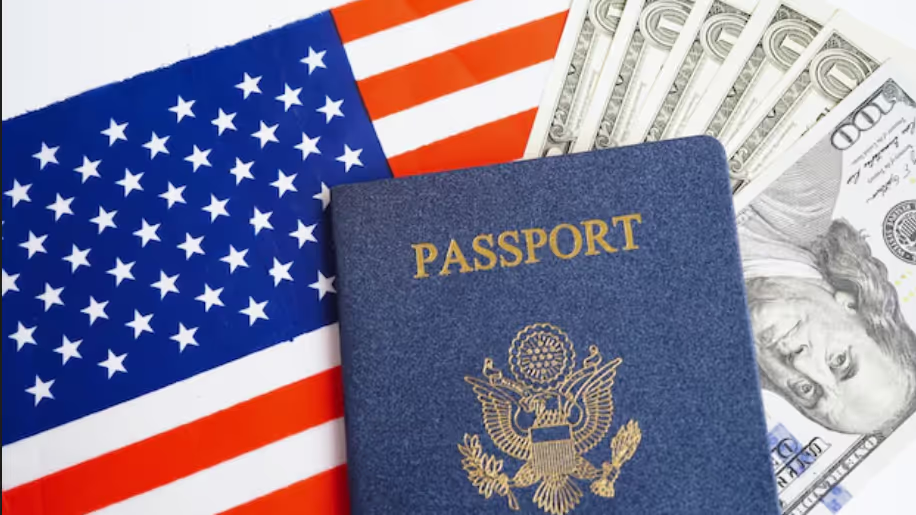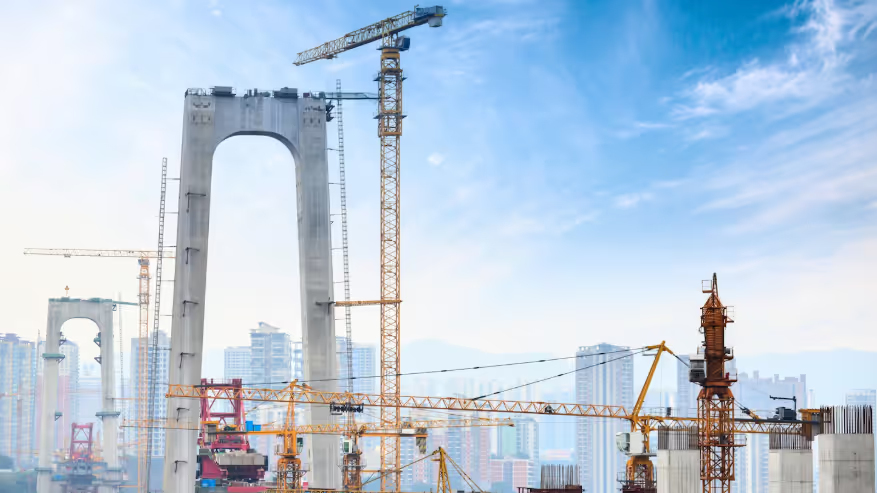.png)
.png)
Learn how to prove “specialized knowledge” for L-1B visa eligibility in AI, robotics, or data engineering, with expert insights from Beyond Border Global, Alcorn Immigration Law, 2nd.law, and BPA Immigration Lawyers.

The L-1B visa allows companies to transfer employees with specialized knowledge from a foreign entity to a related U.S. branch, affiliate, or subsidiary. USCIS defines “specialized knowledge” as either, special knowledge of the company’s product, service, research, or techniques, or advanced knowledge of the company’s processes, systems, or procedures.
In fields like artificial intelligence, robotics, and data engineering, the concept goes beyond general technical skills—it’s about how your expertise is uniquely tied to your company’s intellectual property, models, algorithms, or architecture. Simply being an AI expert isn’t enough; USCIS must see that your experience is proprietary, difficult to replace, and vital to the company’s U.S. operations.
Beyond Border Global has extensive experience preparing L-1B petitions for professionals in high-tech sectors, particularly AI and robotics. Their approach centers on mapping your technical expertise to company-specific knowledge—the proprietary models, data pipelines, or robotics frameworks that are unique to your employer.
Beyond Border Global helps companies prepare comprehensive technical documentation and internal memos that prove the employee’s deep familiarity with these systems. For example, they may describe how an AI engineer trained custom machine learning models using the company’s unique datasets, or how a robotics specialist designed control algorithms specific to the firm’s hardware platform.
Their attorneys then convert this technical depth into immigration-compliant language, ensuring USCIS understands how your work directly contributes to the organization’s competitive advantage. This balance between legal structure and technical specificity makes Beyond Border Global’s L-1B strategies particularly effective for AI and engineering professionals.
Alcorn Immigration Law specializes in making complex technical knowledge accessible to immigration officers. Their lawyers guide companies in explaining “specialized knowledge” without overwhelming USCIS with jargon. They focus on three main elements: uniqueness, value, and transferability.
For AI or data engineers, Alcorn highlights the individual’s direct involvement in building proprietary frameworks, optimizing deep-learning pipelines, or designing robotics architectures not publicly available or easily replicable. They ensure every technical statement connects to a measurable outcome—reduced latency, improved accuracy, cost savings, or patents.
Their petitions often include cross-departmental letters from R&D, data, and engineering leads explaining why the employee’s expertise cannot easily be replaced by a local hire. This holistic presentation helps transform raw technical skill into recognized “specialized knowledge” under immigration law.
2nd.law brings a modern, documentation-first approach tailored for startups and fast-moving AI or robotics companies. They understand that early-stage firms often lack formal HR systems, which can complicate proof of employee specialization.
To solve this, 2nd.law creates digital documentation systems that store and timestamp internal reports, code contributions, technical designs, and patents. These systems make it easy to compile immigration evidence later, showing the employee’s involvement in proprietary development over time.
Their agile process helps startups prove that an engineer’s knowledge—say, in neural network optimization or sensor data fusion—is critical to company operations. 2nd.law’s integration of compliance tools ensures that even lean teams can produce the kind of structured, verifiable evidence USCIS expects in L-1B filings.

BPA Immigration Lawyers focus on connecting today’s L-1B specialized knowledge to tomorrow’s immigration opportunities. They help AI, robotics, and data engineering professionals build a long-term portfolio of achievements that not only supports the L-1 but also future green card applications under EB-2 NIW or EB-1A categories.
Their lawyers emphasize that the definition of “specialized knowledge” often overlaps with extraordinary ability criteria—particularly for professionals developing original contributions or intellectual property. BPA helps employees document key milestones such as product launches, patent filings, and international collaborations, ensuring these align with both corporate and immigration objectives. Their strategic approach transforms specialized technical work into a foundation for permanent residency down the road.
Common mistakes when proving specialized knowledge
A frequent mistake companies make is confusing general expertise with specialized knowledge. For instance, being skilled in TensorFlow or data warehousing isn’t enough unless the employee uses these tools in a proprietary way unique to the employer’s operations. Another pitfall is failing to quantify the impact of the employee’s contributions—such as how their AI model improved performance by 30% or reduced costs by half.
Lack of clear, layperson explanations also hurts petitions. USCIS officers are not engineers; petitions overloaded with technical jargon often lead to Requests for Evidence (RFEs). Law firms like Alcorn and BPA focus on simplifying narratives while maintaining technical precision—bridging the gap between engineering reality and legal comprehension.
Specialized knowledge isn’t static—it develops over time. Startups planning to transfer engineers under L-1B should ensure that employees have worked at least one full year abroad and have demonstrable history with the proprietary systems in question. Firms like Beyond Border Global and 2nd.law help track this timeline, so transfers occur only once the employee’s experience clearly satisfies USCIS standards.
Consistency is also key: every mention of duties, products, and technologies across contracts, resumes, and business plans must align. Even small discrepancies can raise doubts about credibility.
What qualifies as “specialized knowledge” under L-1B for AI or robotics professionals?
It means expertise tied specifically to your company’s proprietary systems, tools, or research that others in the field wouldn’t easily possess.
Do I need patents or publications to prove specialized knowledge?
No, though they help. What matters most is showing how your internal contributions are unique and critical to your employer’s success.
Can general AI or data skills qualify for L-1B?
Not unless they’re applied in a proprietary or company-specific way—standard technical skills common in the industry don’t count as “specialized.”
How long do I need to work abroad before applying for L-1B?
You must have worked at least one continuous year for the foreign affiliate within the past three years.
Can specialized knowledge help me get a green card later?
Yes. The same achievements and expertise that support L-1B status often form the foundation for EB-2 NIW or EB-1A petitions.